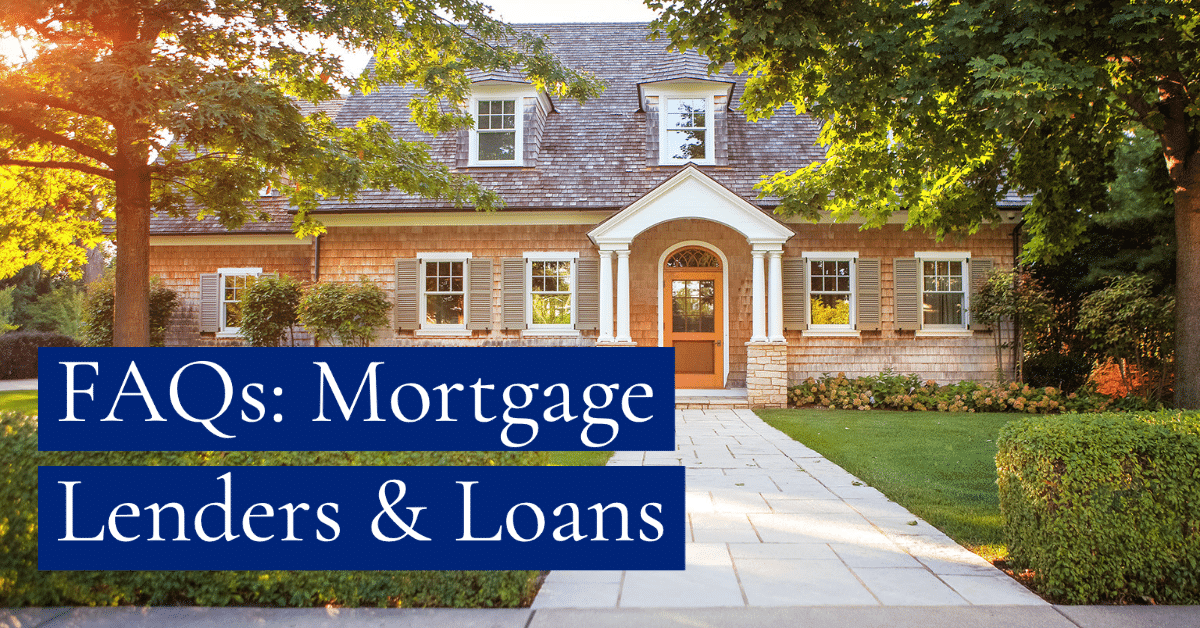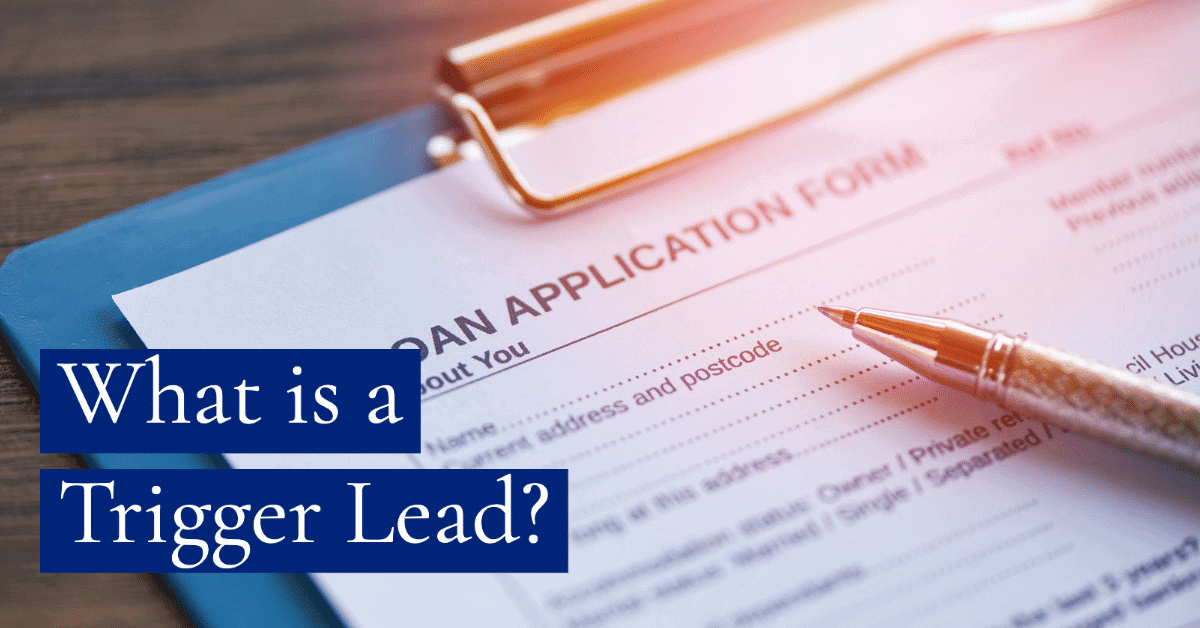
North Carolina Home Loans: A Comprehensive Guide for Prospective Homebuyers
If you’re looking to purchase a home in North Carolina, you’re likely considering a home loan to help finance the purchase. Home loans, also known as mortgages, can be a complex and confusing process, especially for first-time homebuyers. In this article, we’ll provide a comprehensive guide to North Carolina home loans, including information on the different types of loans available, how to qualify, and what to expect during the loan process.
Types of North Carolina Home Loans
When it comes to North Carolina home loans, there are several options available to prospective homebuyers. Here are the most common types of home loans:
- Conventional loans: Conventional loans are not insured or guaranteed by the government and are typically the most popular type of home loan. They have lower down payment requirements and are available with a fixed or adjustable interest rate.
- Federal Housing Administration (FHA) loans: FHA loans are insured by the Federal Housing Administration and are designed for first-time homebuyers or those with limited credit history. They have lower down payment requirements and are available with a fixed or adjustable interest rate.
- Veterans Affairs (VA) loans: VA loans are guaranteed by the Department of Veterans Affairs and are designed for eligible veterans, active military members, and surviving spouses. They have no down payment requirements and are available with a fixed interest rate.
- Jumbo loans: Jumbo loans are used to finance the purchase of high-priced homes and are typically used by wealthy homebuyers. They have higher down payment requirements and are available with a fixed or adjustable interest rate.

How to Qualify for a Home Loan in North Carolina
To qualify for a North Carolina home loan, you’ll need to meet certain eligibility requirements, including:
- Credit score: Your credit score is a critical factor in determining your eligibility for a home loan. Most lenders require a minimum credit score of 620, but some may require a higher score.
- Debt-to-income ratio: Your debt-to-income ratio is the amount of debt you have compared to your income. Most lenders require a debt-to-income ratio of 43% or lower.
- Employment history: Most lenders require a stable employment history, typically for at least two years.
- Down payment: The amount of money you’ll need for a down payment varies depending on the type of loan you choose. Some loans, such as VA and USDA loans, have no down payment requirements, while others, such as conventional loans, will require a down payment.
- Income: Your income will also be a factor in determining your eligibility for a home loan. Most lenders require a minimum income, which can vary depending on the size of the loan and your credit score.
What to Expect During the Home Loan Process in NC
The North Carolina home loan process can be a long and complicated one, but understanding what to expect can help make it a smoother experience. Here’s a general overview of the home loan process:
- Pre-qualify: The very first step in the home shopping process is to get a pre-qualification for a home loan from the lender. This will give the lender a better idea of the amount of home you may qualify for. They will not require documents until you are ready to be pre-approved.
- Pre-approval: Before you start shopping for a home, it’s a good idea to get pre-approved for a home loan. This will give you a good idea of how much you can afford and what type of loan you’re eligible for.
- Loan application: Once you’ve found a home you want to purchase, you’ll need to complete a home loan application. This will typically involve providing information about your employment, income, assets, and liabilities.
- Loan processing: After you’ve submitted your loan application, the lender will review your information and determine your eligibility. They’ll also verify your employment, income, and assets.
- Appraisal: The lender will also require an appraisal of the property you’re purchasing. The appraiser will visit the property and determine its value, which will be used to determine the maximum loan amount you can receive.
- Underwriting: If your loan application is approved, it will go to underwriting. The underwriter will review all of the information provided and make a final determination on your loan eligibility.
- Closing: If your loan is approved, you’ll move on to the closing stage. This is where you’ll sign the final loan documents, provide any additional information required by the lender, and pay any closing costs or fees.
- Funding: After the closing, the lender will fund the loan and the property will become yours.
Tips for a Successful North Carolina Home Loan Experience
To help ensure a successful North Carolina home loan experience, here are some tips to keep in mind:
- Start saving for a down payment: The more money you have for a down payment, the lower your monthly mortgage payments will be. Aim to save as much as you can for a down payment.
- Improve your credit score: If your credit score is low, consider working to improve it before applying for a home loan. This can include paying down debt, disputing errors on your credit report, and making on-time payments.
- Read the fine print: Make sure you understand all of the terms and conditions of your loan, including the interest rate, payment terms, and any fees.
- Hire a professional: Hire a real estate agent and loan officer to help guide you through the home loan process. They can help you find the best loan for your needs and ensure a smooth experience.
In conclusion, a North Carolina home loan can be a complex and confusing process, but with the right preparation and guidance, it can be a successful and rewarding experience. By understanding the different types of loans available, how to qualify, and what to expect during the loan process, you’ll be well on your way to purchasing your dream home in North Carolina.



